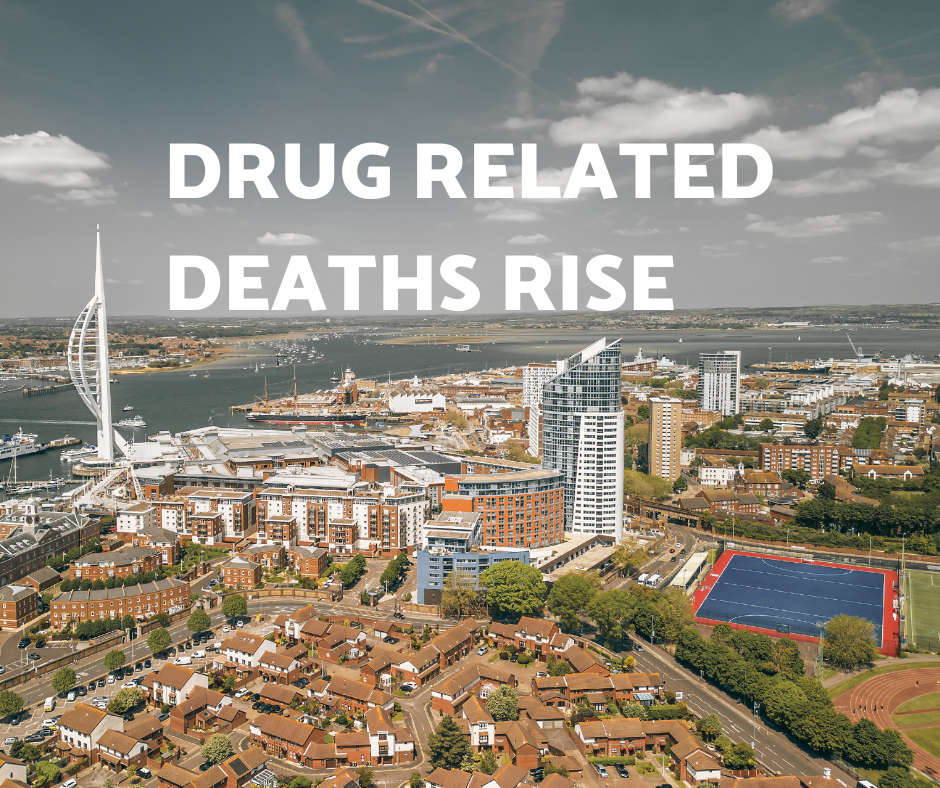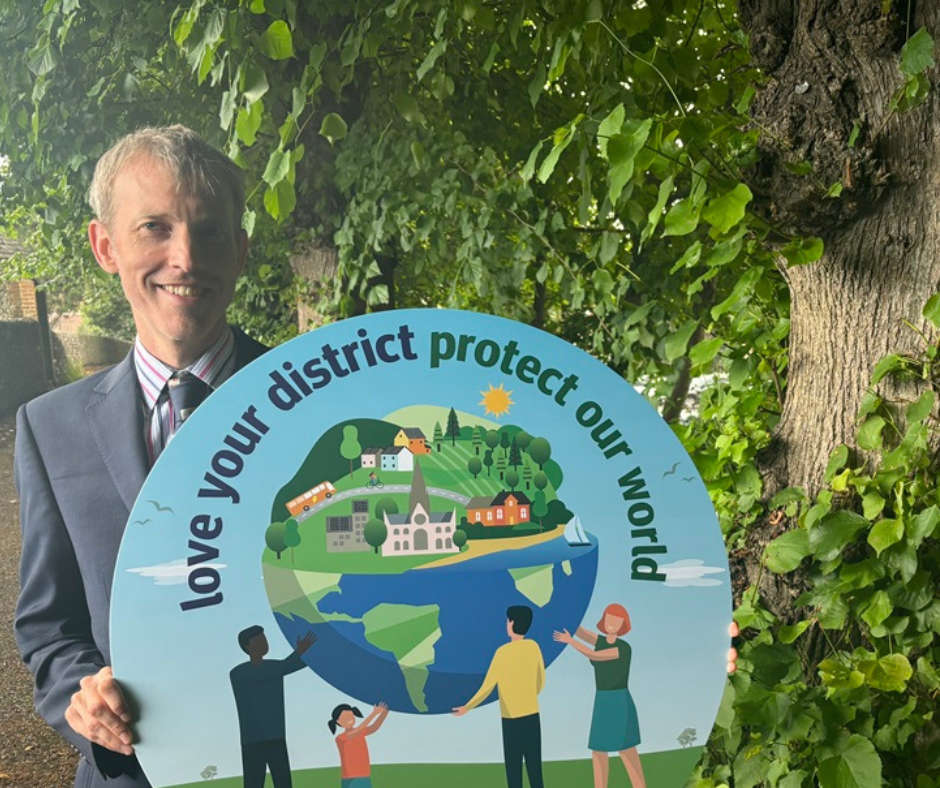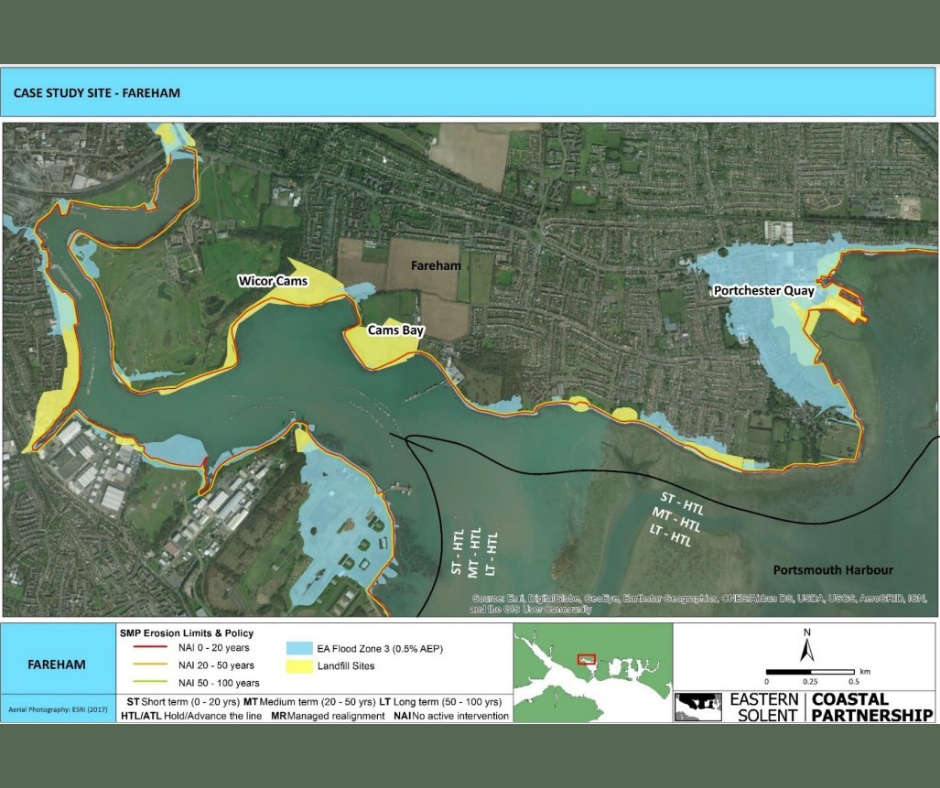
Portsmouth has seen a reduction in drug dealers and county lines networks, according to the city’s Combating Drugs Partnership (CDP) however, the number of drug-related deaths has risen.
In a recent council cabinet meeting, members reviewed the CDP’s progress. The partnership brings together local organisations, including Hampshire Constabulary, NHS Hampshire and Isle of Wight, the University of Portsmouth, and homelessness charity the Society of St James, to tackle drug-related harm in the city.
The meeting highlighted several achievements over the past year, such as the number of drug dealers being arrested and the amount of drugs such as heroin, crack, and cocaine being seized have increased.
The meeting heard the number of active county lines networks in Portsmouth, where drugs are transported in from other areas, has also fallen. Meanwhile, community intelligence reports to the police have risen significantly and Portsmouth now leads Hampshire and the Isle of Wight in the amount of intelligence submitted.
Despite these successes, challenges remain. Drug-related deaths have increased, following a national trend. Council officers attributed this to an ageing group of long-term drug users with complex health problems and the availability of synthetic opioids like nitazenes. In 2021-22, a contaminated batch of heroin containing nitazene caused five deaths in just two weeks.
Treatment and recovery services have shown improvement. Over the past three years, the number of people in treatment for alcohol, crack, and non-opiate misuse has grown from 1,400 to 1,900. Successful treatment completions have risen, and residential rehabilitation placements have increased, although numbers remain slightly below those of two years ago.
Under-18s engaging in specialist treatment have also increased significantly, reversing a previous decline. Drug-related school suspensions have dropped, which officers credit to better support services helping schools manage young people with drug issues more effectively.
Councillor Matthew Winnington, cabinet member for community wellbeing, health and care emphasised the focus on county lines as a key part of the CDP’s efforts. “When I’m talking to the police, one of their main focuses is on County Lines, which fits in with what the CDP is doing,” he said.
However, officers noted that while arresting drug dealers disrupts local supply, the larger problem stems from national drug networks, especially those linked to London.
New information given to the council revealed a “scarcity of heroin” in the city, reportedly caused by the Taliban’s crackdown on opium production in Afghanistan. This has driven some users to turn to synthetic drugs like spice, or synthetic cannabis.
On spice, Cllr Winnington added: “I was talking to someone who works at the hostels, and it’s been particularly unpleasant there in the last few weeks.”

 Police in Littlehampton are investigating two instances of fraud involving individuals impersonating police
Police in Littlehampton are investigating two instances of fraud involving individuals impersonating police
 WATCH: Criminals dealt crushing blow as seized e-scooters and electric motorcycles destroyed
WATCH: Criminals dealt crushing blow as seized e-scooters and electric motorcycles destroyed
 Chichester District Council thanks people for helping to shape its work on climate change
Chichester District Council thanks people for helping to shape its work on climate change
 Man charged with attempted murder following incident in Cootham, near Storrington
Man charged with attempted murder following incident in Cootham, near Storrington
 Southern Water questioned by MP's
Southern Water questioned by MP's
 Investigation continues into death of a man in Brighton
Investigation continues into death of a man in Brighton
 Consultation begins to gather people's views on new housing strategy for the Chichester District
Consultation begins to gather people's views on new housing strategy for the Chichester District
 Warning in the South of coastal landfill sites spilling into the sea
Warning in the South of coastal landfill sites spilling into the sea
 East Wittering set to welcome a free pop-up soup kitchen, thanks to UK Harvest
East Wittering set to welcome a free pop-up soup kitchen, thanks to UK Harvest
 Appeal after collision outside Haywards Heath hospital
Appeal after collision outside Haywards Heath hospital






